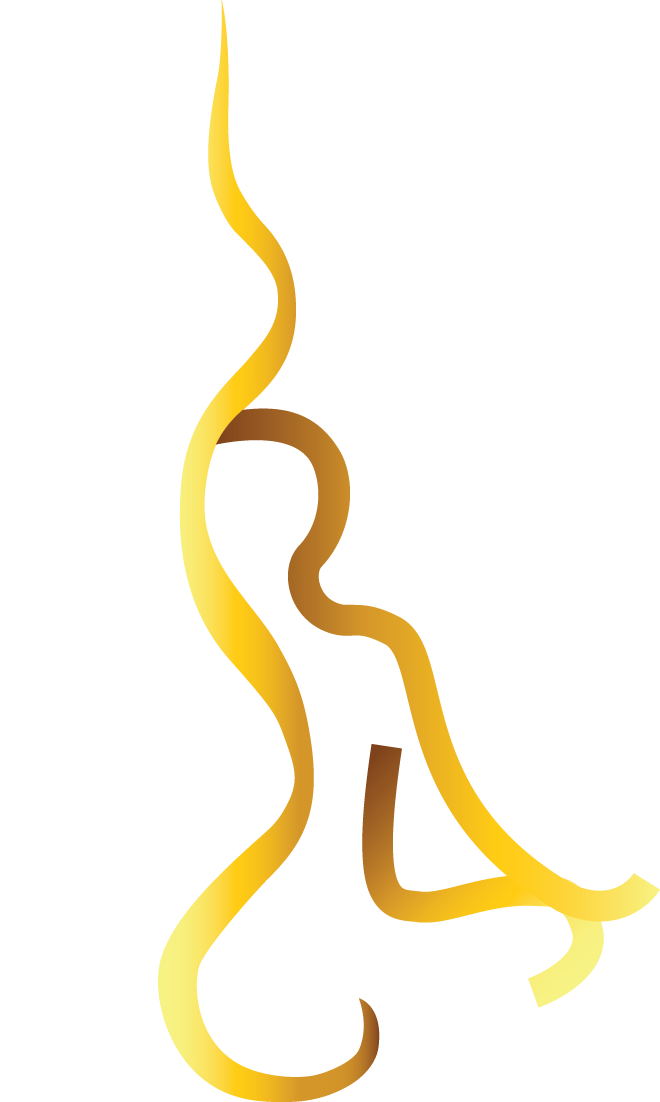In relationship to depth-psychology
By Claire Savage, MS in Educational Psychology, San Francisco, CA
In my experience, Jennifer Millar's work overlaps with some of the essential precepts of depth-psychology:
It provides a journey of descent and renewal. James Hillman proposes that it is only by pathologizing, that is to say, by remaining in close proximity to our difficult feelings that we will ever be able to find resolution and emotional relief. Jennifer Millar facilitates pathologizing by encouraging participants to focus in a specific and individualized way on whatever arises, to hold it in their consciousness, and to “speak to and with it,” until the essence of the pathology lets go. Recognize it, welcome it, stay in it, and expand it until it releases on its own and leaves room for relief and well-being.
It offers support in the form of mythological imagination. James Hillman wrote a book with Michael Venture entitled, 'We’ve had a hundred years of psychotherapy and the world’s getting worse'. Part of the problem in their estimation is that the predominant focus in contemporary cognitive-behavioral therapy is that it has left our deep-seated sense of self (our soul) out of the equation, and we feel lost and alone in a meaningless universe. Jennifer introduces participants to what she calls "Great Spirit", activated within each of us in our own particular way, a presence that creates a sense of an internal relationship to something sacred, alive, and eternal.
It bridges the inner world with the outer reality. Carl Jung speaks of the animus, the masculine energy that is necessary to bridge our private inner self with the outside world. I feel as if Jennifer helps to model the function of the animus by listening intently to the inner workings of an individual’s psyche and then helping him or her to take the cognitive, psychological, emotional, and somatic steps necessary to bring themselves into healthy relationship with the world around them.
It creates a container to hold psychological and soul development. In depth-psychology there are many ways to conceptualize the container, such as a myth with characters and a storyline to relate to, or a way of understanding one’s place within the culture, or a polytheistic image of possible realities. Jennifer creates containers for individuals and groups in a refined and sophisticated way such that participants feel comfortable, welcomed, and courageous enough to take the risk of letting their authentic selves shine through.
In this way, Jennifer’s work is a vessel for alchemical transformation, something Jung and Hillman speak highly of. At the end of a workshop with Jennifer, the way you feel about yourself, with others and with the world around you is different. You are not alone in the universe. Your relationship with your own soul is enlivened. You feel the support of a higher power. And you didn’t have to believe in anything. You just know it, similar to how Carl Jung felt when he was asked whether he believed in god and he said he didn’t have to believe, he just knew!
Claire Savage © copyright 2018. All rights reserved.

